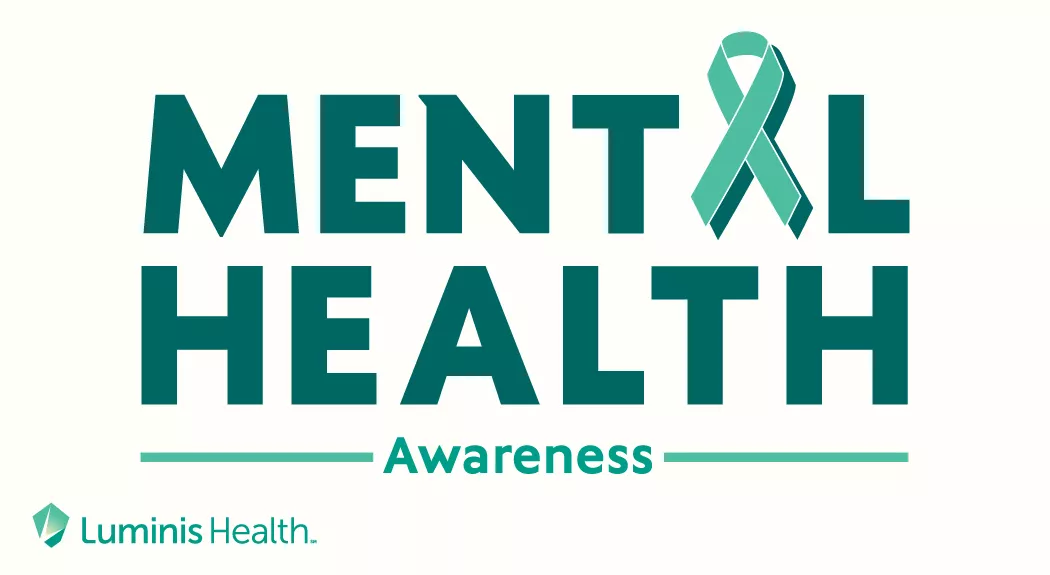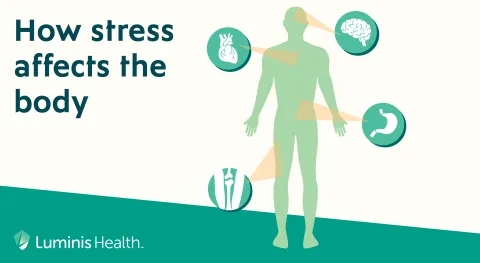
Teenage girls are in crisis. New research from the Centers for Disease Control and Prevention (CDC) reveals nearly three in five (57%) teen girls in the United States felt persistently sad or hopeless in 2021. This is double that of teen boys and the highest level reported in the past decade. This data aligns with the increased number of teen girls who are being seen in the clinics and emergency departments in Prince George’s County, where Jesselina Curry, MD—a child and adolescent psychiatrist at Luminis Health—reports that the most common symptoms reported by these teenagers are low self-esteem and thoughts of not wanting to be alive.
Why Are Teen Girls Affected Most?
According to Dr. Curry, both teen boys and girls are experiencing increased mental health struggles, but girls often identify the struggle faster and are quicker to act on their feelings. There are a number of reasons for the increase, including among other things the loss of primary family members, academic stress and peer conflict. These factors are compounded by internal stressors such as trying to figure out who they are and who they want to be in life.
LGBTQ and racial minority teens are struggling to find genuine safety and trust in relationships. Without feeling secure and a sense of real belonging, these teens tend to isolate from others, act impulsively or develop deep, prolonged sadness.
Cultivating Connection with Adult Caregivers Creates Resilience
Although many adults grew up with the philosophy of “speak only when you are spoken to,” it is important for adult guardians to create opportunities for teens to feel heard on a regular basis, not just once a conflict or crisis arises.
For a host of reasons, grandparents are increasingly playing an important role in their grandchildren’s lives, especially since many parents are working longer hours to support the household. Because of the age difference, it might be harder for grandparents to connect with their grandkids.
Dr. Curry encourages adult guardians to share a personal story of a difficult time from their own life, and then encourage the teen to share a personal hardship. It’s important for adults to ask the teen how the situation made them feel. That way they can then find solutions together. As adult caregivers help teens cope with the everyday tragedies and disappointments in life, you hope these life lessons stick with them into adulthood.
Available Resources for Teens
Every teen wants a sense of belonging. To help with their emotional growth, encourage them to join a club at school or a group with positive role models who can build up their self-esteem.
The American Academy of Child and Adolescent Psychiatry website includes a variety of resources to support teens who may be struggling with their mental health, as well as helpful resources for their families. The site includes fact sheets, books recommendations, videos for teens and more.
A few organizations that provide support, belonging and empowerment specific to teen girls include:
Key Takeaways from an Adolescent Psychiatrist
According to Dr. Curry, the teenage years are the most difficult. To help successfully navigate these sometimes choppy seas, she encourages parents/caretakers do the following:
- Create a strong listening environment
- Don’t overlook changes in your teen’s behavior
- Continue to provide them with structure and a community of support
- Model coping skills in difficult situations
The Behavioral Health Pavilion on the campus of Luminis Health Doctors Community Medical Center provides Behavioral Health Walk-In Urgent Care for non-emergent behavioral health concerns for ages four years old and up. This service in Lanham is available Monday thru Friday 8:00 a.m. to 5:30 p.m.



